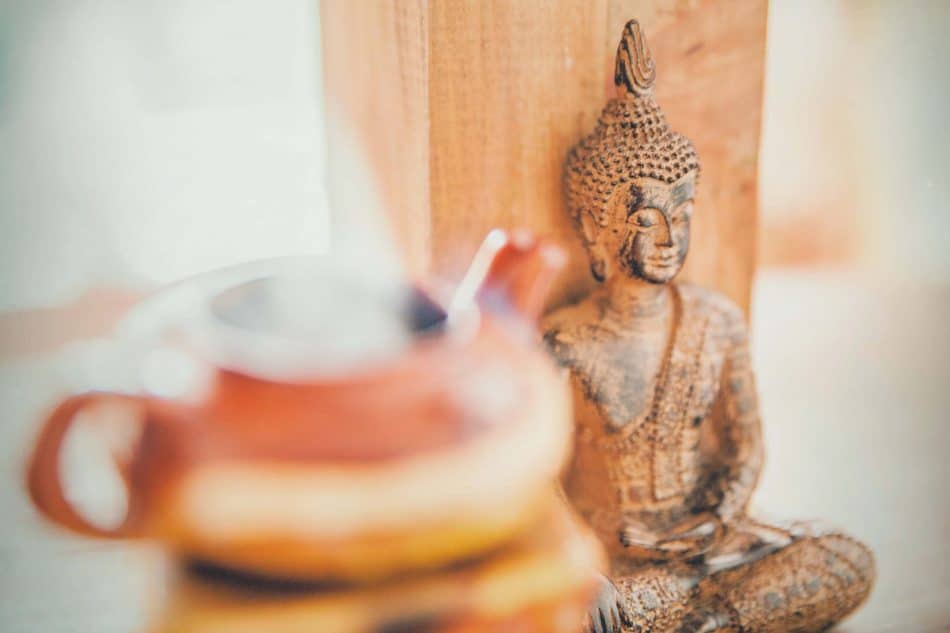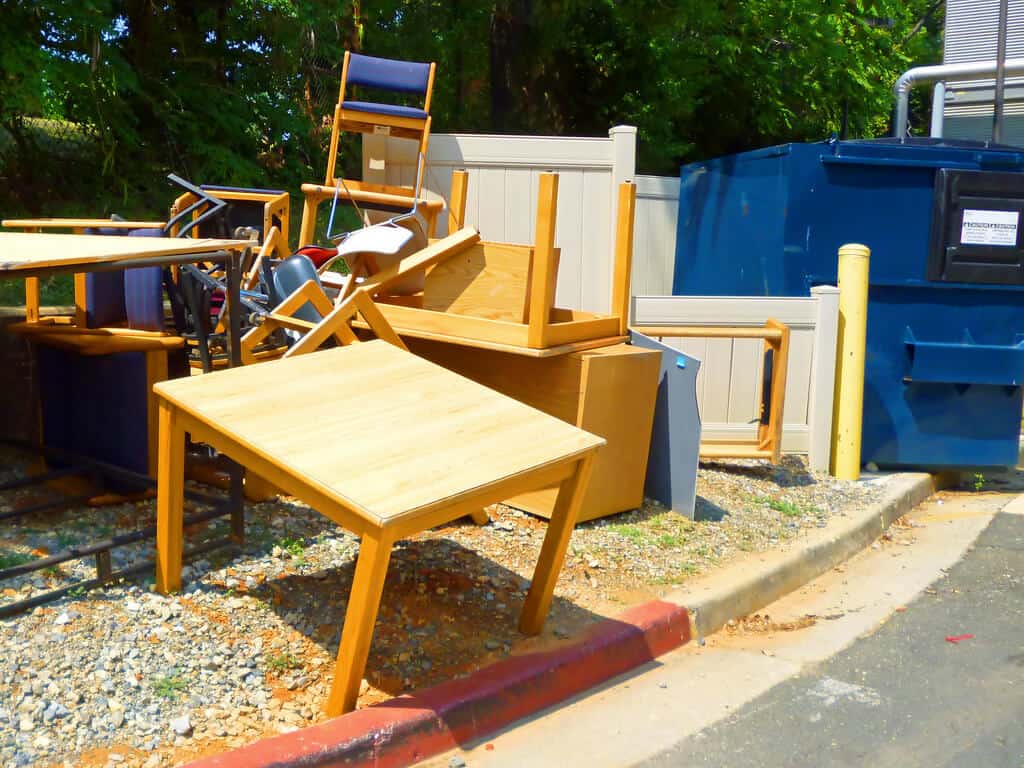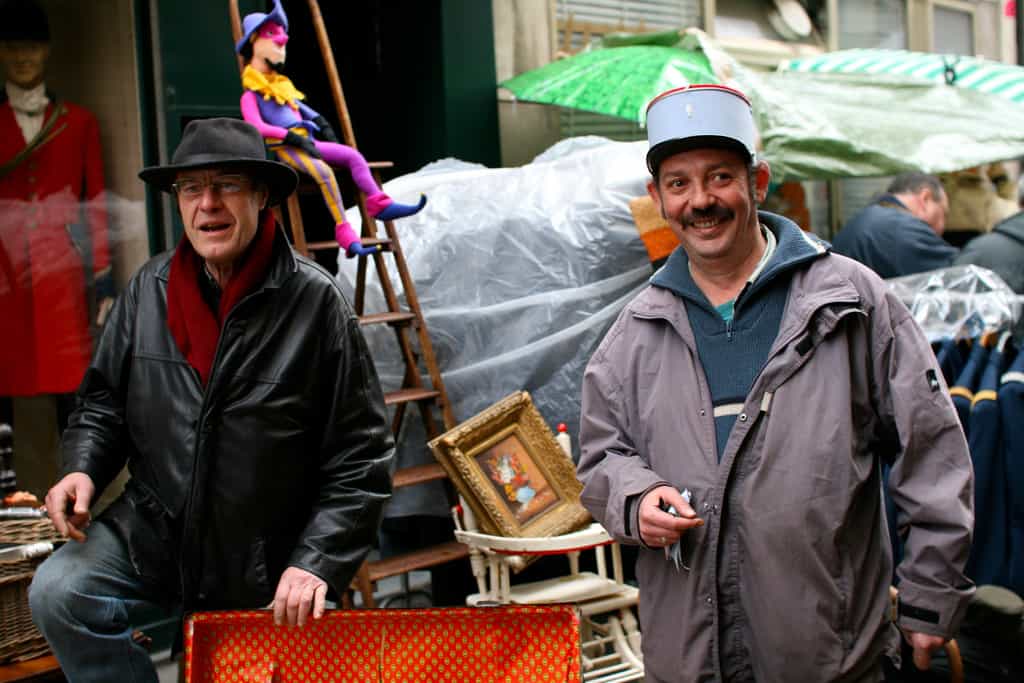Millennials’ antiques shopping habits are fundamentally different from the generations before. Snoop through the homes and closets of baby boomers: You are guaranteed to find a hoard of furniture from the early 20th century and an impressive array of antiques. However, if you did the same for millennials – chances are you would discover some flatpack furniture, the latest iPhone and perhaps some Polaroid snaps and retro clothes. Millennials and antiques – it’s a love-hate relationship. The truth is, millennials have very different priorities, not to mention, bank balances to their previous generations.
We know what you’re thinking – what exactly is a millennial? Simply put, a millennial is someone who was born anytime between the early 1980’s to the mid-1990’s. They are ethically minded, socially liberal people who care about environmental issues. They strive to excel in their careers and make the most out of life. These sorts of traits leave little room for watching Antiques Roadshow or collecting vintage trinkets.
When it comes to buying antiques, millennials have very different expectations than the generations before. What do millennials collect – or have they stopped collecting altogether? We have taken a closer look at three characteristic traits of millennials, to better understand what the next generation of vintage and antiques shoppers is looking for.
Millennials don’t have space for collecting antiques

As the price of property continues to grow, it is becoming increasingly difficult to put down a deposit for a mortgage or to even rent a home. According to the Office for National Statistics, 1 in 4 young adults in the UK aged between 20 and 34 are still living with parents. Millennials that have managed to fly the nest are likely living in small apartments in high rise buildings. Have you tried moving antique furniture into a loft conversion on the 18th floor? Not easy. Young adults are opting for furnishings that are convenient and disposable.
The number of homeowners is on the decrease, and this isn’t just because millennials can’t afford to own a home. Young adults are more adventurous than their previous generations. They want to travel, live in big thriving cities and not be tied down to one address. According to a FlexJobs survey in 2016, the fundamental reason why 70% of millennials get up for work every morning is to fund their next trip abroad.
Less is more: millennials want to declutter their lives

We have had it drummed into our heads for so long that the more we own, the happier we will be. Recently that ideology has been picked apart and ridiculed. Bloggers and “self-help” books are all encouraging us to part with our material possessions and focus on mindful living. The more stuff we own, the more tied down we are. Mobile millennials are always out and about socializing or working. Is there much point having a pile of antiques sat at home accumulating a thick layer of dust? Millennials are not interested in collecting antiques just for the sake of it.
Young adults are still choosing to spend their money, but instead of buying antiques – or physical items, more generally – they are choosing to buy experiences. The younger generation spends their money on traveling, going for dinner or drinks, wellness and fitness. Minimalism has become a big way of life, which is certainly a major side effect of wanting to hold on to money, de-stressing and claiming to care about the environment.
We’re living in a throw-away society

Try and deny it, we are still very much living in a throw-away society. Instead of forking out money to fix a broken chair, millennials would much rather pop out and buy a new one. When it comes to old antiques that are prone to breaking, why deal with the effort of getting it fixed when you don’t have to?
This point may contradict the previous claim that young adults want to reduce clutter and care for the environment. The thing is, it is easy to turn a blind eye to the amount of stuff we are throwing away. We feel good when we have a clean out, but we need to be more mindful of where the stuff we are throwing away is actually going. Millennials claim to be ethically minded, however, their habits of wasting food, fast-fashion, and disposable coffee cups have resulted in those aged 18-34 producing more avoidable waste than any other age group.
How can antiques vendors attract millennials?

Not everyone can be put into one box. There will always be people who have an eye for historical items, delving into the past and collecting antiques. Searching for vintage treasures is a passion of many and will always remain that way. As young adults attempt to be more mindful of their waste and opt for sustainability, antiques may be recycled or upcycled into new items that can be used in the home.
Current trends in antiques: Millennials shop antiques online
The world is constantly evolving, perhaps what needs to change is the way that traders sell antiques to millennials. Most people are choosing to shop online nowadays – antiques and vintage products are no exception. Young adults are influenced by high-quality imagery and sponsored advertisements on social media. They want their shopping experience to be as seamless as possible, with products being delivered to suit them and their busy lifestyles. Vendors should grow with their customers and keep on top of current trends in antiques.
Do millennials buy antiques? Antiques and collectibles will always play a big part in society and consumerism, as long as the market evolves alongside those who are shopping for them. It is therefore essential for antique dealers not to miss the trend of e-commerce and selling antiques online. Nowadays, there are plenty of e-commerce platforms to choose from in order to build an online presence easily – most of which require little to no technical knowledge. In the US, Ruby Lane is a good choice for antique dealers looking to take their business online easily, while taking advantage of excellent customer service. Ruby Lane features more than 2,000 antique dealers on its website and counts over 2 million monthly visitors. Now more than ever, business owners have to be where their clients are – this is true for the antiques business as much as for any other domain.
Let’s stay in touch!
Do you love antiques and vintage? Sign up to our newsletter! Stay informed about the world’s best flea markets, antique fairs and all things vintage & get exclusive discounts.
Get our free newsletter


